Two university principals in Ho Chi Minh City are worried because basic science majors are not of interest to candidates and enrollment is poor.
The opinion was expressed by Associate Professor Mai Thanh Phong, Principal of the University of Technology, Ho Chi Minh City National University, at the working session of Deputy Prime Minister Tran Hong Ha with two national universities on the morning of September 6.
He believes that the current structure of the industry has shortcomings related to basic sciences.
"Students follow trendy and hot majors, while majors necessary for the long-term development of the country and society do not receive much attention," Associate Professor Phong said.
Therefore, he hopes the Government will have policies to support and encourage very important fields of study but little attention is paid to them by learners.
The low or decreasing number of students in basic sciences and life sciences is a common situation in many schools. At Ho Chi Minh City National University, there are majors that can enroll less than 10 students or less than 50% of their quota, such as Geology, Geological Engineering, Oceanography, Environmental Science, etc. Some majors such as Philosophy, Religious Studies, History, and Geography only maintain enrollment of about 50-100 students per year, less than other majors.
Nationwide, the Ministry of Education and Training said the four worst recruiting fields (Agriculture, Forestry and Fisheries, Life Sciences, Natural Sciences, Social Services) only recruited 49-61% of the set targets.
Associate Professor Ngo Thi Phuong Lan, Principal of the University of Social Sciences and Humanities, said that when implementing autonomy, the burden of revenue falls on universities. The fields of Natural Sciences and Social Sciences have difficulty recruiting students, so schools training in these fields face many difficulties.
She proposed that the Government support by expanding the scope of tuition exemptions and reductions for students and creating a mechanism for placing orders for basic science majors. Currently, for the above-mentioned hard-to-recruit majors, Ho Chi Minh City National University supports students with 35% of tuition fees, and member schools support 20%.
"Basic science is the foundation for sustainable development. If we do not invest heavily in these fields, the foundation will be shaken," said Ms. Lan.
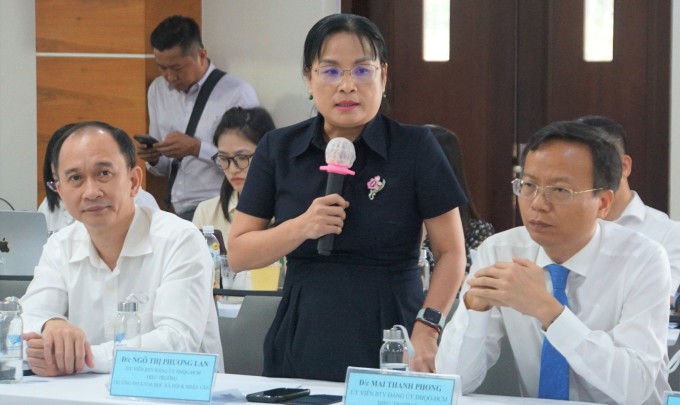
Associate Professor Ngo Thi Phuong Lan (standing) and Associate Professor Mai Thanh Phong (right) pointed out shortcomings in enrollment in basic science majors. Photo: TM
Minister of Education and Training Nguyen Kim Son said that national universities were established with the national responsibility for training and scientific research. Besides mobilizing social resources, ordering mechanisms, and connecting with businesses, universities still need state investment to lead their development.
In terms of training, national universities are different from other higher education institutions. They are centers for discovering and nurturing talents; piloting training in new fields in the future; training in interdisciplinary fields, cutting-edge engineering technology, and basic sciences that the state needs but learners are less interested in.
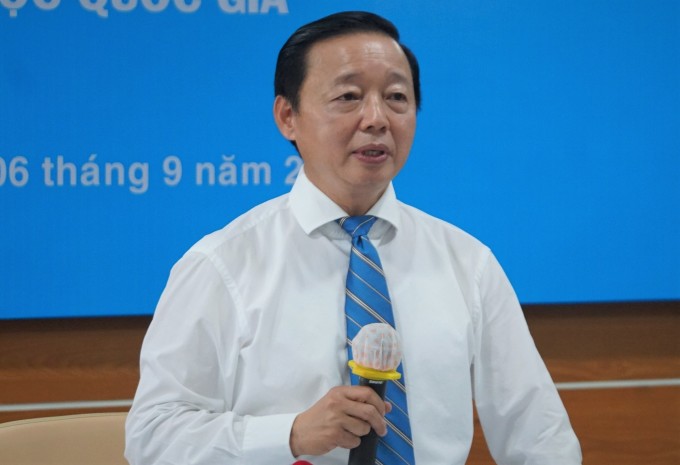
Deputy Prime Minister Tran Hong Ha speaks at a working session with two national universities on the morning of September 6. Photo: Le Nguyen
Deputy Prime Minister Tran Hong Ha said he will urge the issuance of a decree on the functions, tasks and powers of national universities in the coming time, which will be the legal basis for development worthy of their stature and mission.
He also requested the two universities to have a comprehensive plan based on the law, recognizing their position and importance to propose issues that the State must invest in and place orders for; and strategic tasks that must be carried out. In particular, the Deputy Prime Minister requested to focus on issues that other universities have not paid attention to, such as investment in basic science, social science and areas that may be lacking in the future.
"National universities should not be too ambitious in training hot professions, but must build their own development philosophy, appropriate to their scope and role," the Deputy Prime Minister emphasized.
Le Nguyen
Source link




![[Photo] Closing of the 11th Conference of the 13th Central Committee of the Communist Party of Vietnam](https://vstatic.vietnam.vn/vietnam/resource/IMAGE/2025/4/12/114b57fe6e9b4814a5ddfacf6dfe5b7f)

![[Photo] Overcoming all difficulties, speeding up construction progress of Hoa Binh Hydropower Plant Expansion Project](https://vstatic.vietnam.vn/vietnam/resource/IMAGE/2025/4/12/bff04b551e98484c84d74c8faa3526e0)





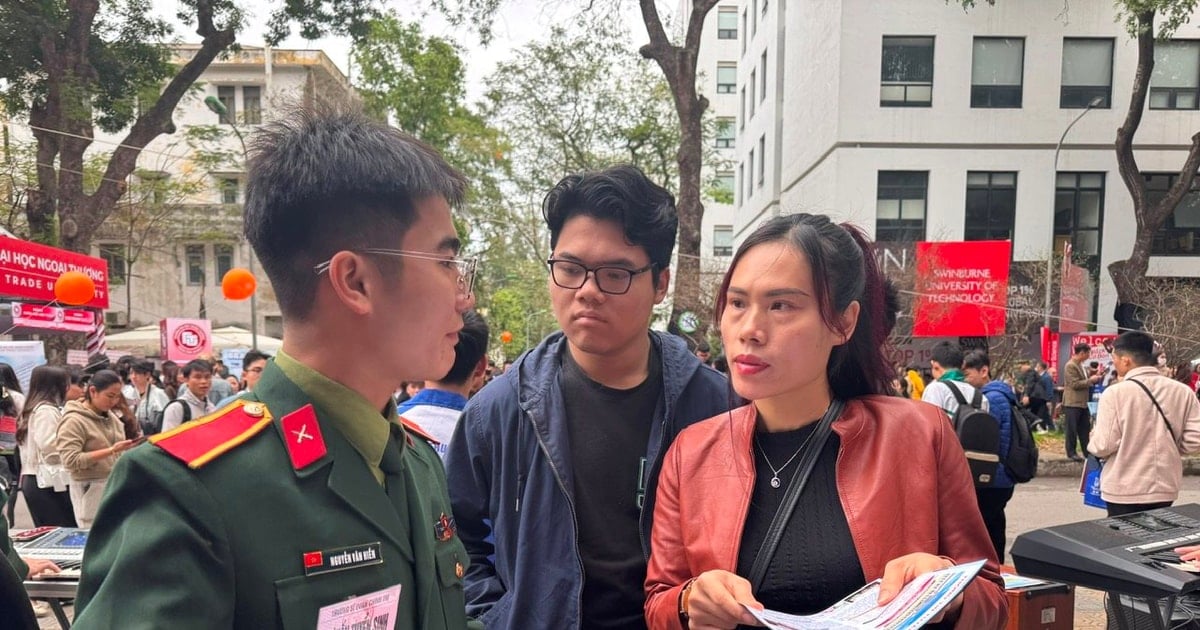
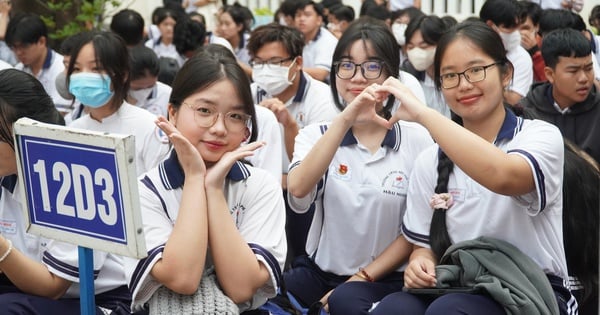


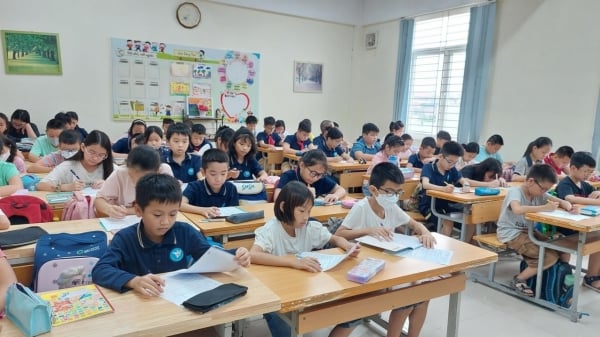

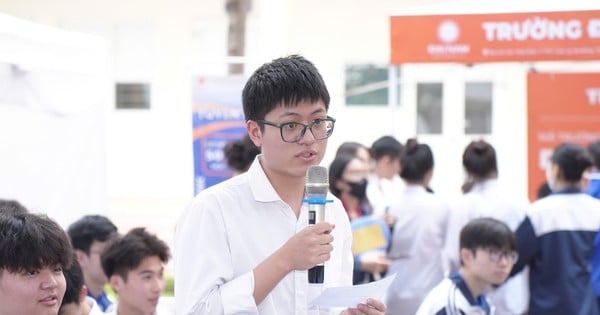

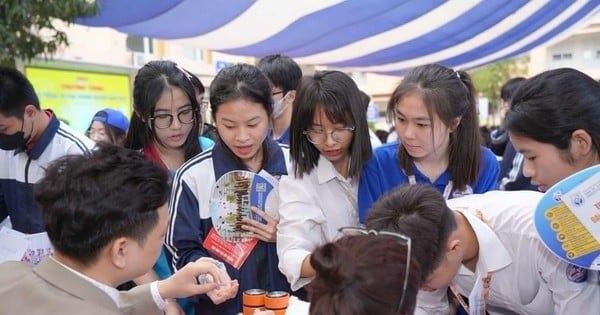



























































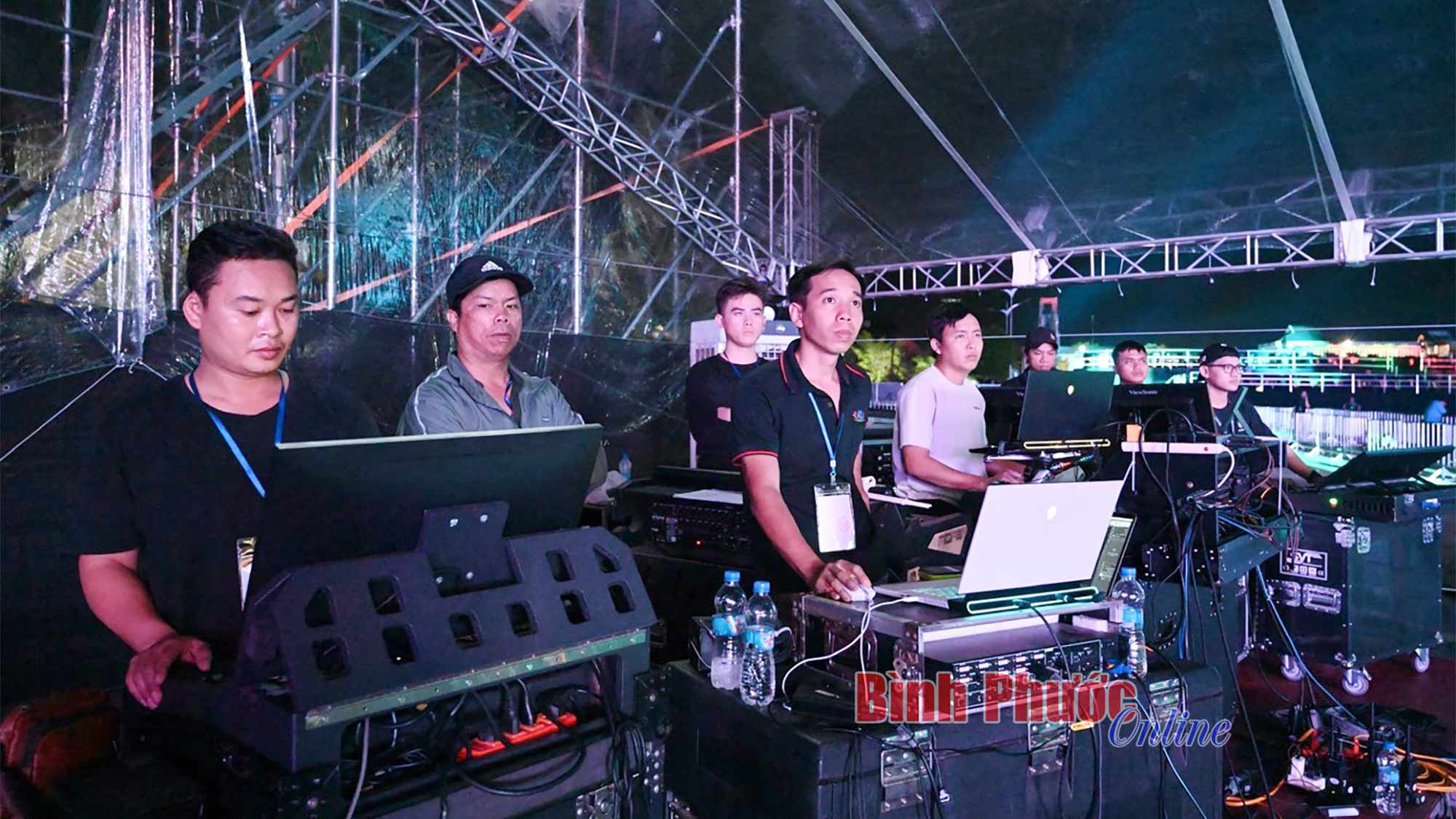















Comment (0)